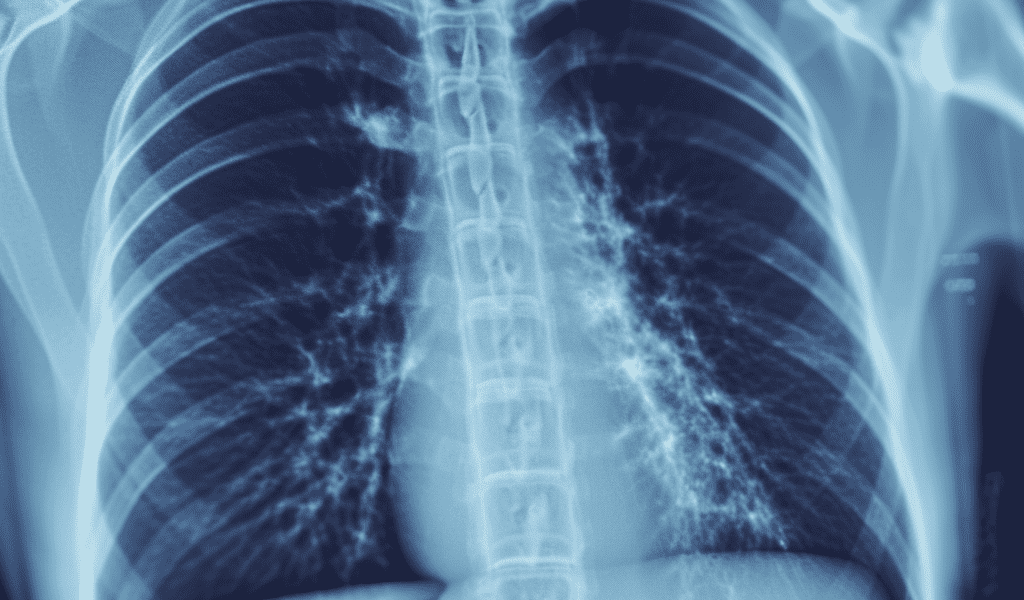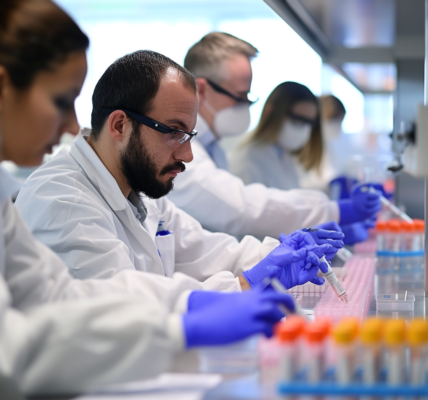MEDICAL
AI Algorithm Allows Chest X-ray to Diagnose COVID-19 with 98% Accuracy
Researchers have developed a deep learning-based AI algorithm that can detect COVID-19 infection from chest X-rays with more than 98% accuracy. The algorithm distinguishes between normal X-rays and those from people with pneumonia, which often present with similar symptoms as COVID-19.
Real-time reverse transcription-polymerase chain reaction (RT-PCR) testing is the most widely used method for diagnosing COVID-19 infection. However, it has limitations such as cost, slow results, and the potential for false negatives. As a supplement, CT scans of the chest and chest X-rays play a crucial role in the timely detection and management of contagious infections, especially when RT-PCR results are negative.
COVID-19 produces distinct radiological ‘signatures’ in chest X-rays that radiologists use to diagnose the infection. However, manually examining X-rays for signs of infection is time-consuming and may not always be accurate. To address this, researchers at the University of Technology Sydney (UTS) developed an AI algorithm to streamline the diagnostic process.
Amir Gandomi, the corresponding author of the study, highlighted the limitations of the widely used COVID-19 test, real-time polymerase chain reaction (PCR), stating that it can be slow, costly, and produce false negatives. He emphasized the time-consuming and error-prone nature of manually examining CT scans or X-rays to confirm a diagnosis.
Furthermore, the symptoms of COVID-19 infection, such as fever, cough, difficulty breathing, and sore throat, can be challenging to distinguish from other respiratory viral infections, such as flu or pneumonia.
In the current study, the researchers developed a deep-learning-based algorithm called a Custom Convolutional Neural Network (Custom-CNN), specifically designed for diagnosing COVID-19. The algorithm was trained and tested using two freely available chest X-ray datasets, comprising three categories of chest X-ray images: normal, coronavirus-positive, and those with pneumonia.
Machine learning algorithms have gained popularity in medicine, assisting doctors in diagnosing various conditions. Deep learning, a subfield of AI, is particularly well-suited to creating models that can produce accurate results from input data without manual feature extraction.





